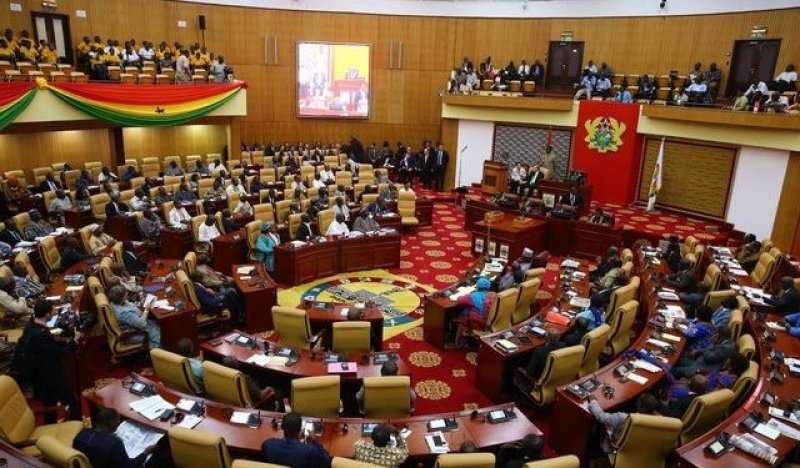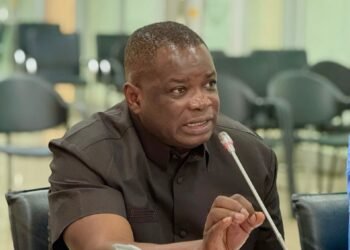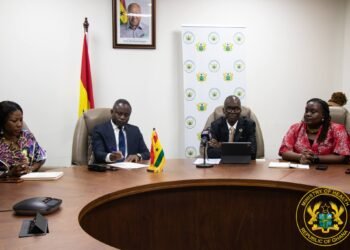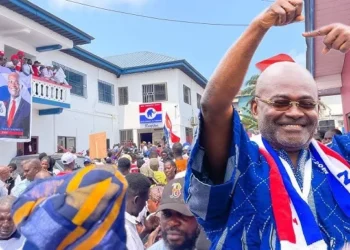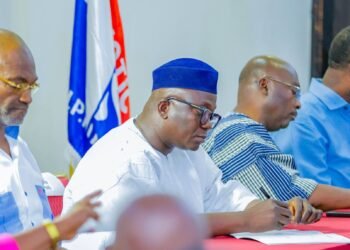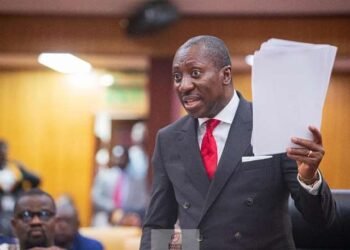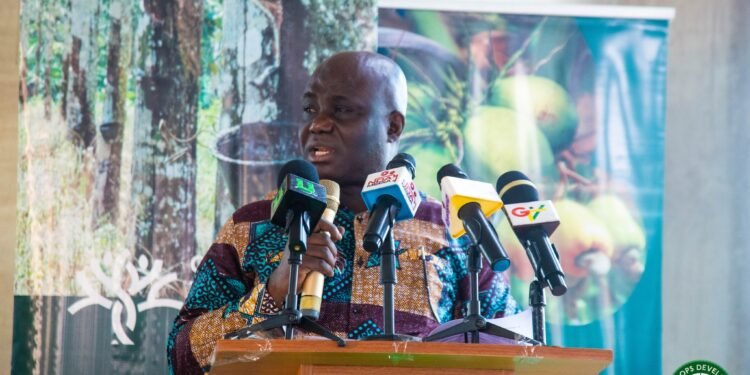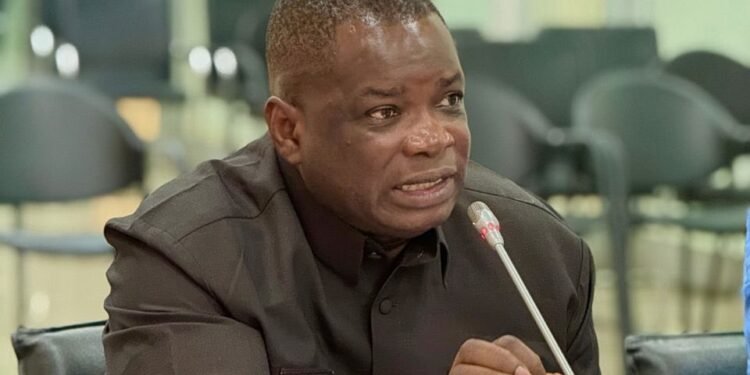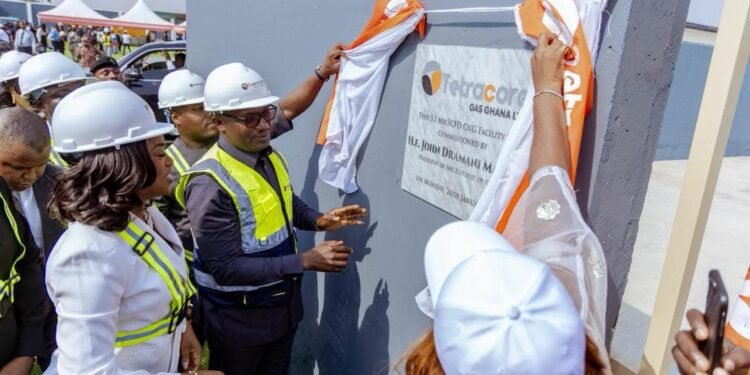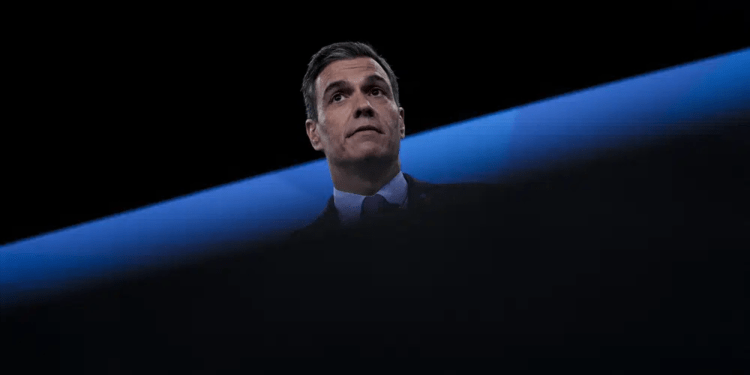Director of Centre for European Studies, Dr Kwameh Asah-Asante, has called on government to build consensus on the passage of the e-levy which has been the subject of debate in parliament by engaging Ghanaians.
According to him, due to the brawls marring the activities of parliament in the past, government must “reflect” on it and do the needful so they get the bill passed. Dr Asah-Asante explained that currently, it is very difficult to see whether the government will be able to “marshal forces” to get the bill passed as its success is hinged on its ability to reach a consensus.
“Consensus is the way to go. Talk to them, explain the rationale and once you explain to them, have a listening ear because governance is a process where we discuss, we dialogue. It is not a monologue where you say, take it or leave it. That for me, is not the best for government at this time of the day where government would want to go ahead with its fine projects and then leave a legacy that will stand the test of time. Let us remember that you can never win any elections in this country when you have no records”.
Dr Kwameh Asah-Asante
Providing an assessment of the 8th parliament in its first year, Dr Asah-Asante revealed that parliament is hung in nature and to run it effectively, all that one needs to do is to “sharpen” his skills on how to organize departments, which he deems has to do primarily with consensus. He explained that parliament must try to build bridges, build consensus, engage the people and also sharpen its lobbying skills.
“You don’t just come and surprise people with a budget which part of it has controversial issue in there…”
Dr Kwameh Asah-Asante
Reasonable e-levy reduction
Commenting on what he reckons will be a feasible e-levy in terms of percentage, Dr Asah-Asante indicated it will be prudent for government to listen to the demands of the people and expert opinions.
“For this particular levy, scholars in accounting, in finance, and in economics have said that given the circumstances in which we find ourselves, it will be so difficult for people to bear this type of tax so why don’t you peg it at 0.5% and 1.0%. I have [heard] government saying, look, take it or leave it… For me, it’s very unfortunate. You need to build consensus on that…”
Dr Kwameh Asah-Asante
Prior to this, Minister of State at the Finance Ministry, Charles Adu-Boahen, expressed that the Minister of Finance, Ken Ofori-Atta, will return to Parliament before the end of the month of January with the Electronic Transaction Levy (E-Levy) to seek the legislature’s approval on the tax.
Mr. Adu-Boahen re-emphasised government’s commitment to significantly increase revenue mobilisation in 2022 to address the high public debt levels.
Going forward, Mr Adu-Boahen emphasized that the “exigencies” of the current situation in the country such as high youth unemployment, limited fiscal space and a global pandemic has induced high debt levels. As a result, he intimated that this demands that government prioritises moving its tax to Gross Domestic Product (GDP) ratio from an “estimated 13.4% in 2021 to 20%” in the immediate to medium term.
READ ALSO: Stonebwoy Shares His Thoughts On ‘What Destroyed The Black Stars’

